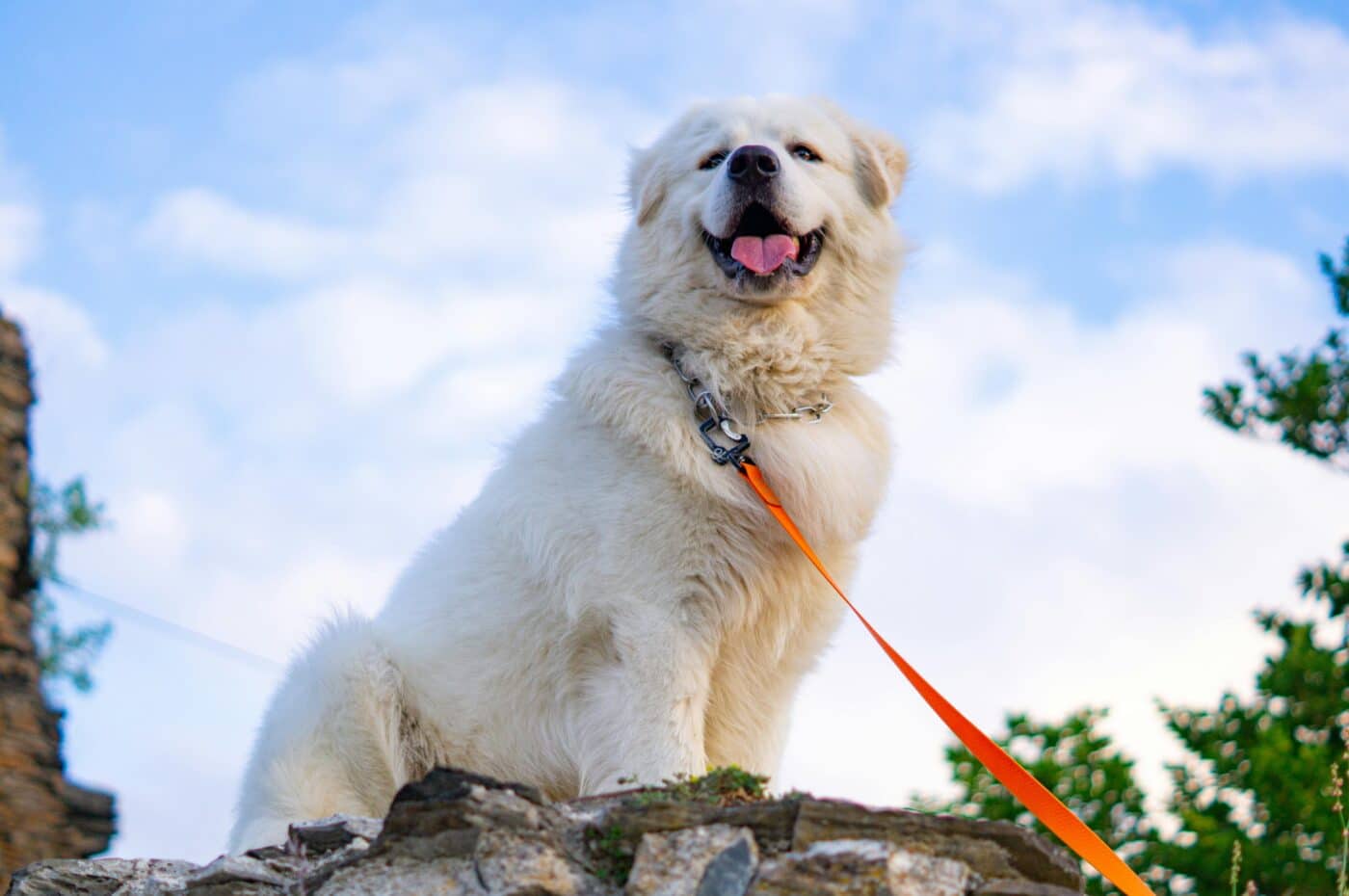 Shutterstock
Shutterstock
Regarding training, some dogs are eager to learn and follow commands, while others seem to relish testing your patience. Disobedience doesn’t mean a dog is unintelligent; it often highlights their independence, stubbornness, or lively personality. These dogs march to the beat of their drum, making them both lovable and challenging. While their unique traits can bring lots of joy, getting them to obey consistently can feel like a full-time job that demands patience, persistence, and, most importantly, a good sense of humor.
Afghan Hound
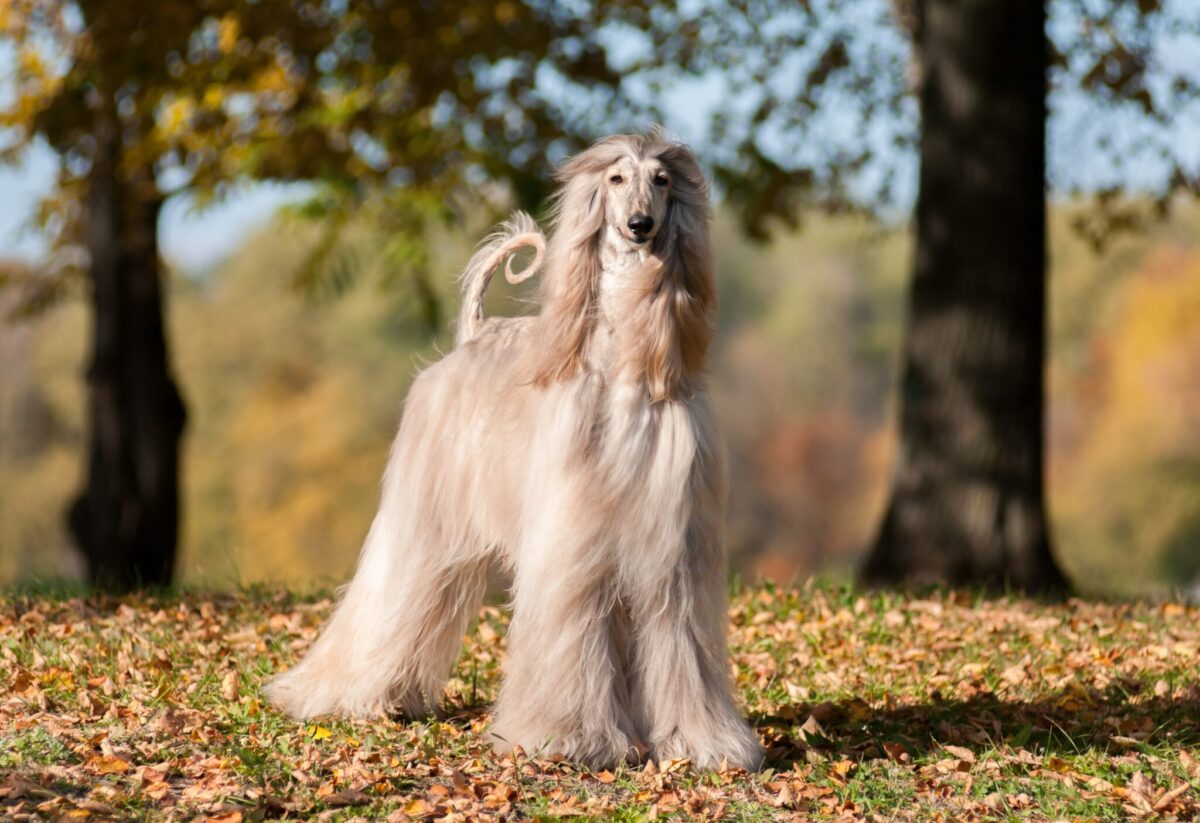 Shutterstock
Shutterstock
Afghan Hounds are known for their stunning beauty and aloof personality. While intelligent, they are also incredibly independent, which can challenge training them. These dogs have a mind of their own and are often described as being more like cats in their personality. They’ll listen when they feel like it, but when they’re not in the mood, good luck getting them to follow your commands. Their disobedience often stems from their innate sense of independence, not a lack of intelligence.
Basenji
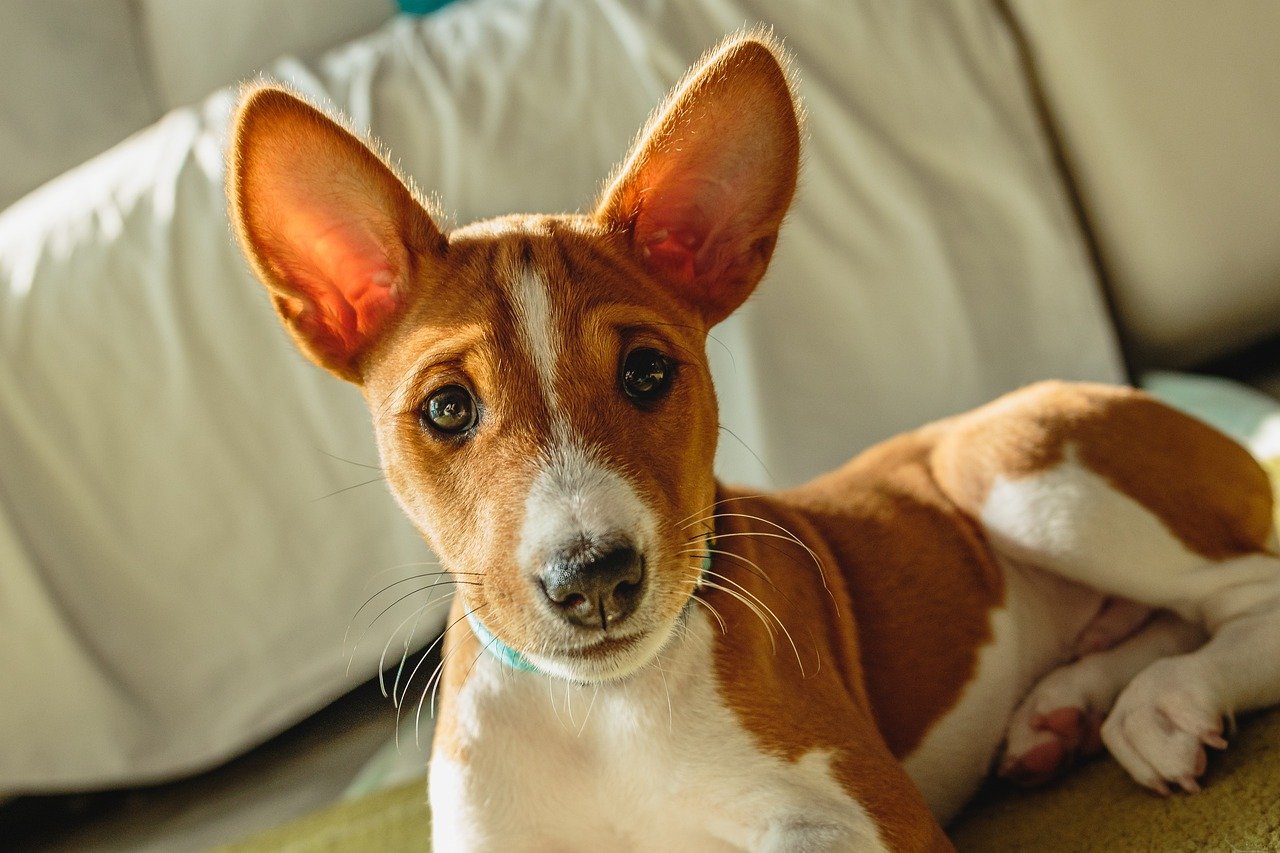 Shutterstock
Shutterstock
The Basenji is a breed famous for its lack of barking but also notorious for its stubborn nature. These dogs are clever and quick-witted but aren’t always inclined to obey commands. Basenjis are highly independent, often choosing to ignore training unless it’s something they feel is beneficial. Their disobedience comes from their strong desire to do things on their own terms, making them a challenging breed for first-time dog owners who aren’t ready for their stubborn streak.
Bulldog
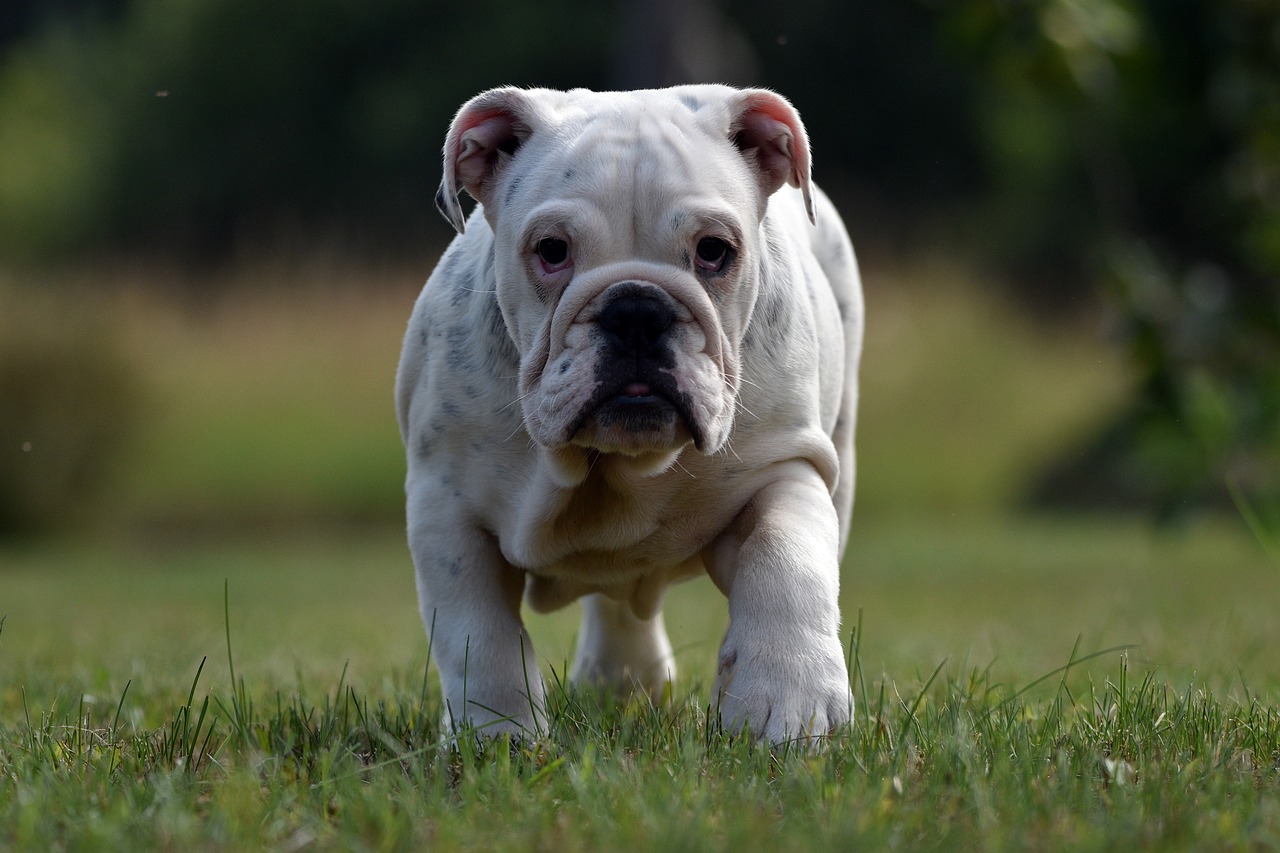 Shutterstock
Shutterstock
Bulldogs are lovable, stubborn companions who are often more interested in lounging than listening. While they can be trained, it’s not unusual for Bulldogs to nap rather than obey a command. Bulldogs are known for their strong-willed nature, and their disobedience isn’t necessarily a lack of understanding but more a result of their laid-back, “I’ll do it later” attitude. They may test your patience with their sluggish response to commands, but they make up for it with their affectionate and goofy personality.
Jack Russell Terrier
 Shutterstock
Shutterstock
Jack Russell Terriers are small but mighty in terms of energy and personality. These dogs are highly intelligent, but they’re also extremely independent and can be quite headstrong. Jack Russells are easily distracted, especially if they catch sight of something to chase. Their high prey drive and energetic nature mean they often ignore commands in favor of pursuing their own interests. Training a Jack Russell requires patience and consistency, but they might listen only when it suits them.
Siberian Husky
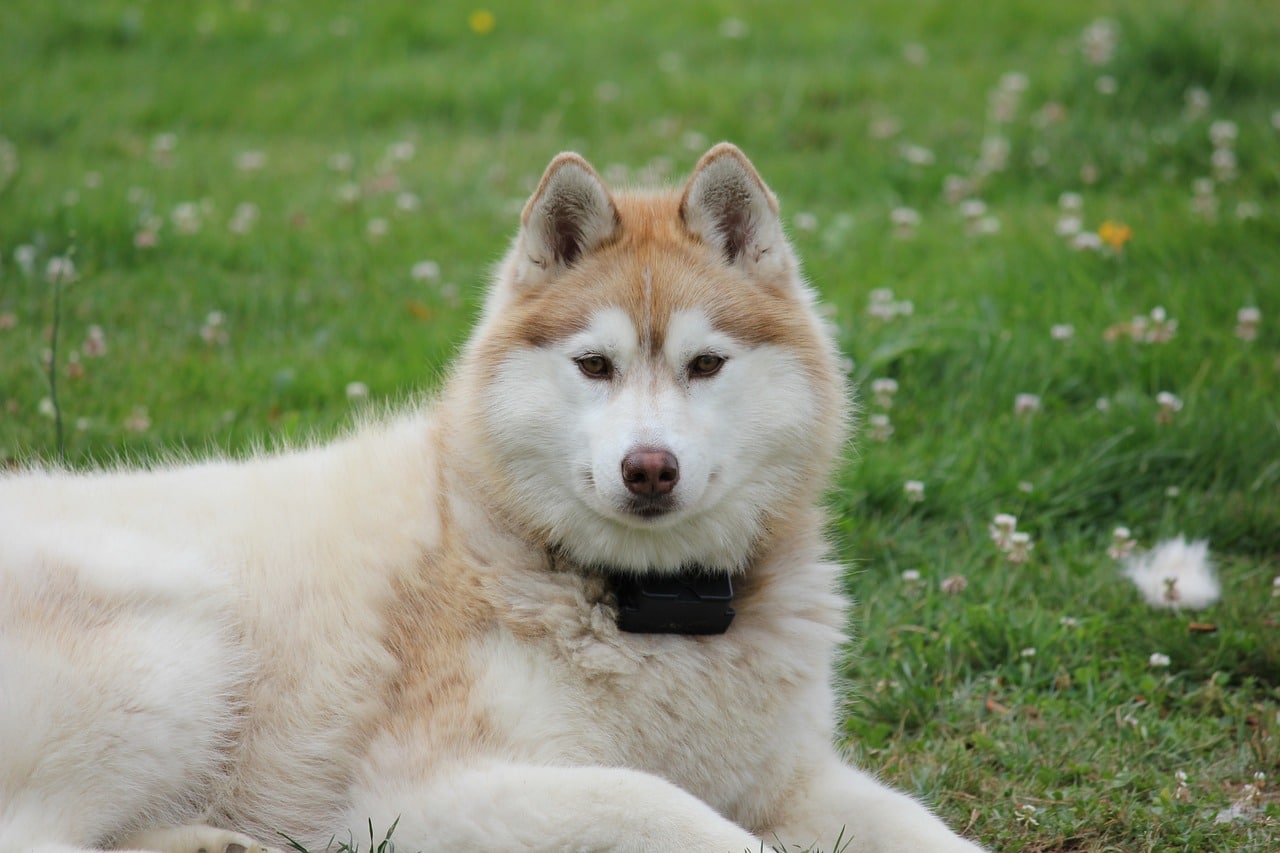 Shutterstock
Shutterstock
Siberian Huskies are beautiful, energetic dogs with a reputation for being difficult to train. These dogs are incredibly independent, and their natural instincts to run and explore often precede obedience. Huskies are intelligent, but their stubbornness makes them a challenge for even experienced dog owners. Their disobedience isn’t a sign of a lack of intelligence but their strong desire to do things their way. If they don’t see the point in following a command, they’re more likely to ignore it entirely.
Dachshund
 Shutterstock
Shutterstock
Dachshunds may be small, but they have a big personality, including a streak of stubbornness. Originally bred to hunt badgers, these dogs have a strong, independent nature and a mind of their own. Dachshunds are known for doing things on their own terms, and their disobedience often comes from their desire to follow their instincts rather than commands. Training a Dachshund requires patience, as they are more likely to challenge your authority than immediately comply with commands.
Beagle
 Shutterstock
Shutterstock
Beagles are known for their incredible sense of smell, often getting them into trouble regarding obedience. These dogs are easily distracted by interesting scents, and once they’ve locked onto a trail, it’s difficult to get their attention back. Beagles are highly independent, and their disobedience often stems from their strong hunting instincts. While they are friendly and good-natured, training a Beagle to follow commands consistently can be challenging, especially if enticing smells are nearby.
Shiba Inu
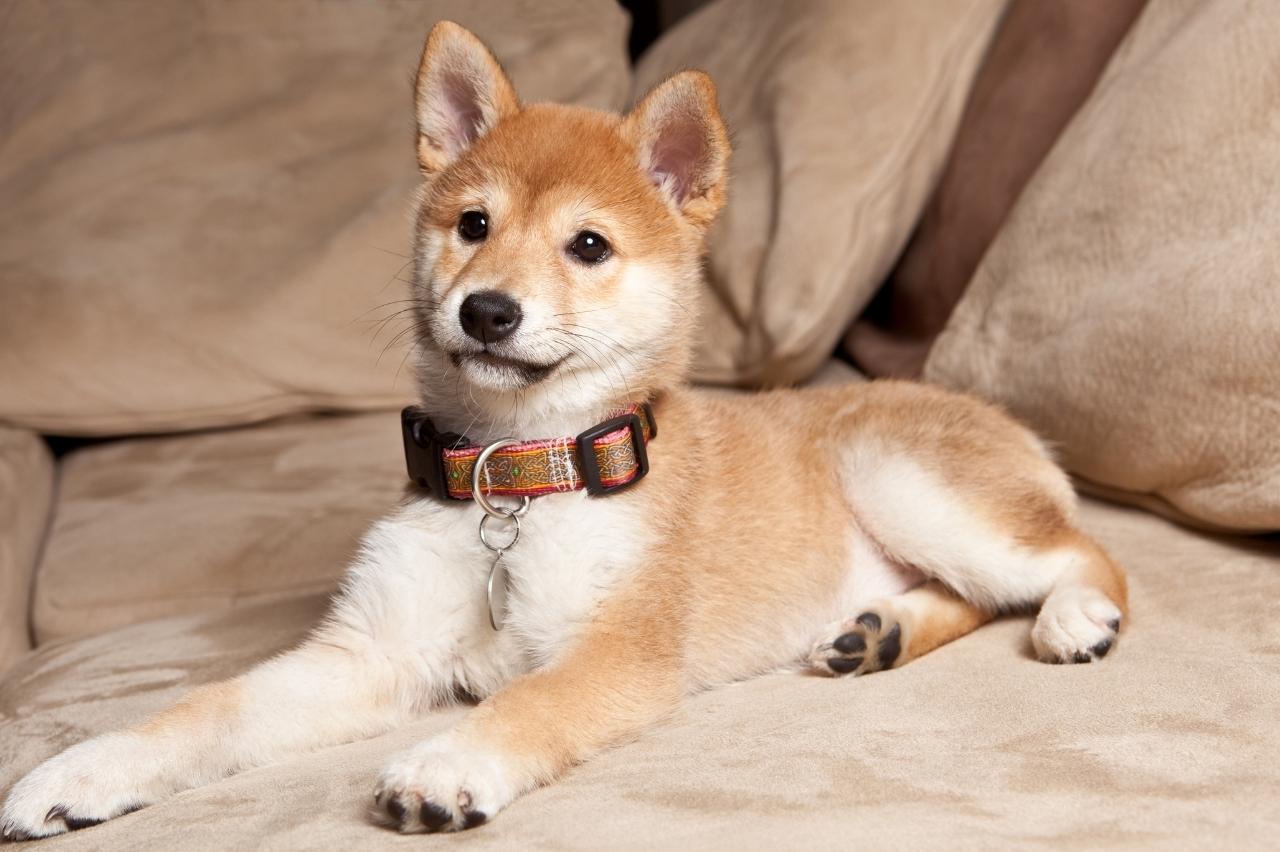 Shutterstock
Shutterstock
The Shiba Inu is often described as a dog with a cat-like personality, including their tendency to ignore commands. These dogs are independent, strong-willed, and difficult to train. Shiba Inus are smart but aren’t motivated by pleasing their owners like other breeds. Their disobedience comes from their desire to maintain control and do things on their own terms. Shiba Inus are likelier to listen when they feel like it, making them a breed that requires patience and understanding during training.
Chow Chow
 Shutterstock
Shutterstock
Chow Chows are known for their lion-like appearance and independent personality. These dogs are aloof and can be quite stubborn regarding training. While intelligent, they aren’t overly eager to please their owners, which can lead to disobedience. Chow Chows prefer to make decisions independently and ignore commands if they don’t see the point. Their disobedience often comes from their independent nature rather than lacking intelligence, and training requires patience and persistence.
Scottish Terrier
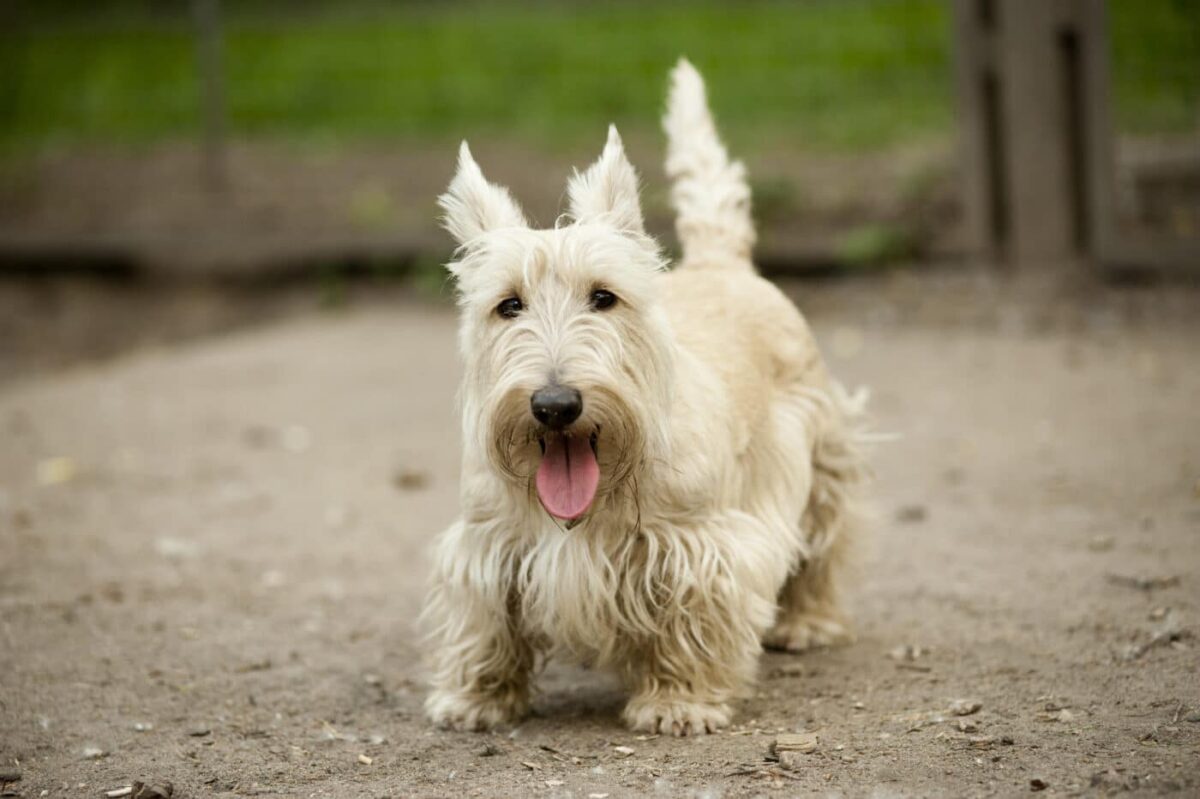 Shutterstock
Shutterstock
Scottish Terriers are feisty, independent dogs with a reputation for being stubborn. These dogs have a mind of their own and aren’t always inclined to follow commands, especially if they think they know better. Scotties are intelligent, but their independent streak means they’re more likely to challenge authority than comply willingly. Their disobedience often comes from their self-assured nature, and training a Scottish Terrier requires a firm but patient approach.
Great Pyrenees
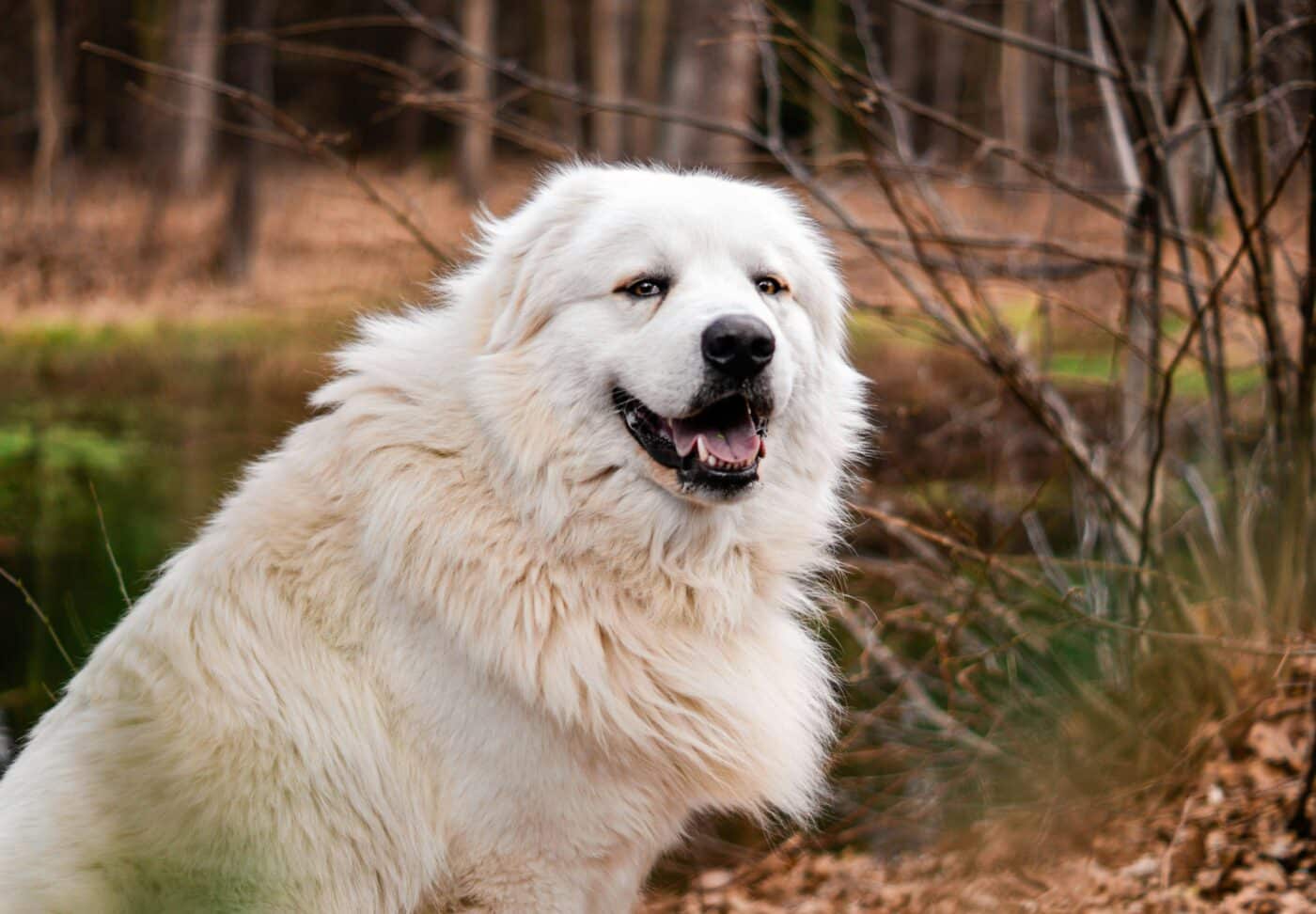 Shutterstock
Shutterstock
The Great Pyrenees is a large, majestic dog breed known for its protective instincts and independent nature. These dogs were bred to guard livestock, often left alone for long periods to make decisions on their own. As a result, they tend to be very independent and can be difficult to train when it comes to obedience. The Great Pyrenees will listen when necessary, but they aren’t likely to obey commands to please their owners. Their disobedience is a reflection of their strong sense of independence and self-reliance.
Basset Hound
 Shutterstock
Shutterstock
Basset Hounds are known for their long ears, incredible sense of smell, and stubborn streak. These dogs are independent thinkers, and it’s hard to get them to focus on anything else once they’ve caught a scent. Basset Hounds can be difficult to train because they are often more interested in following their nose than listening to commands. Their disobedience stems from their strong hunting instincts, making them a challenge for even the most patient dog owner.
Pekingese
 Shutterstock
Shutterstock
The Pekingese may be small, but they have a big personality and an even bigger sense of independence. Originally bred as companions for Chinese royalty, these little dogs are known for their stubborn streak and tendency to do things on their own terms. Pekingese are intelligent, but their independent nature means they often choose not to listen to commands, especially if they don’t like it. Training a Pekingese requires plenty of patience, as their royal roots often shine through in their refusal to obey when it doesn’t suit them.
The Drama Kings And Queens Of Disobedience
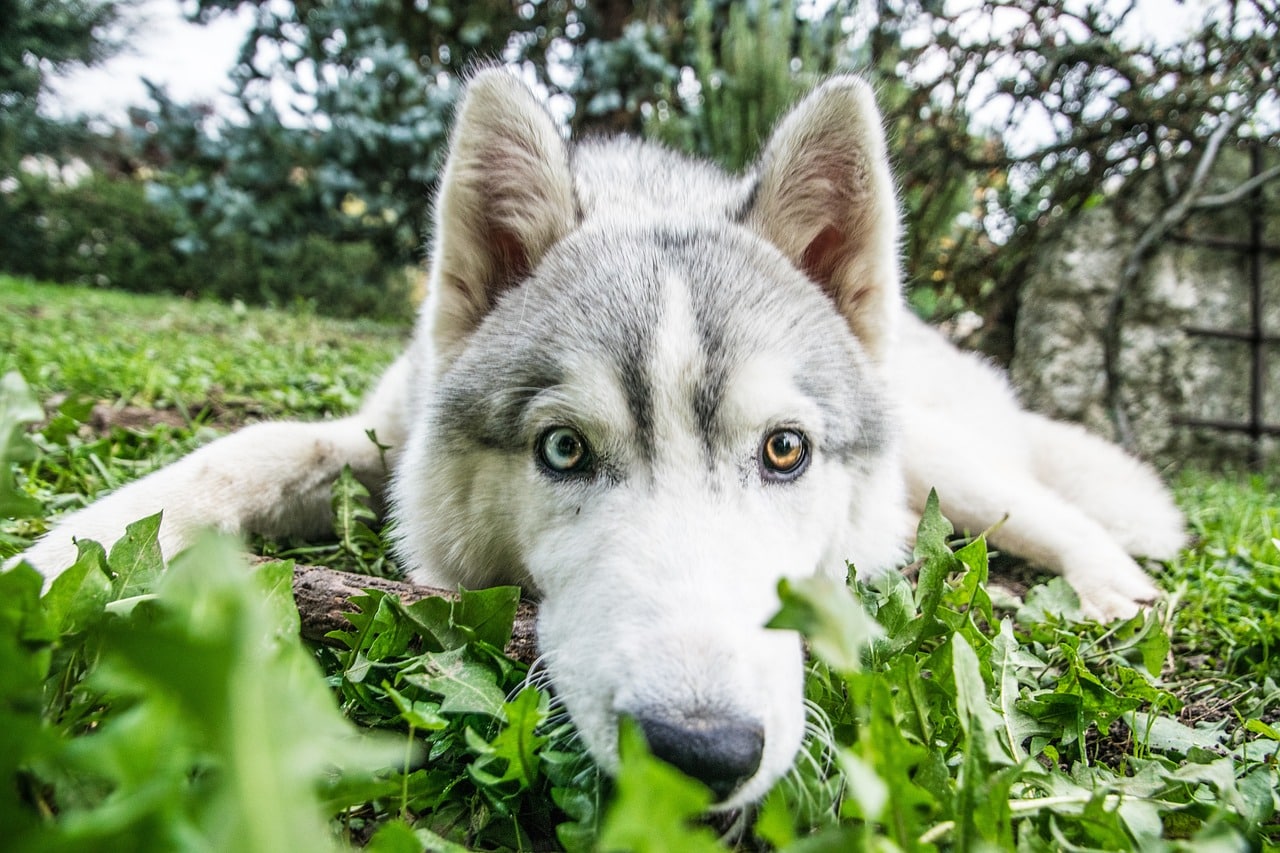
If there’s one thing these breeds teach us, disobedience doesn’t necessarily mean a lack of intelligence. Often, it’s a sign of a dog with a strong sense of independence and personality. These dogs, much like humans, have their quirks, preferences, and opinions, making them both lovable and challenging. So, if you’ve ever wondered why your dog seems to have selective hearing, rest assured—they aren’t ignoring you out of malice; they’re just adding a bit of flair and drama to the obedience game, keeping life interesting!

 1 month ago
15
1 month ago
15
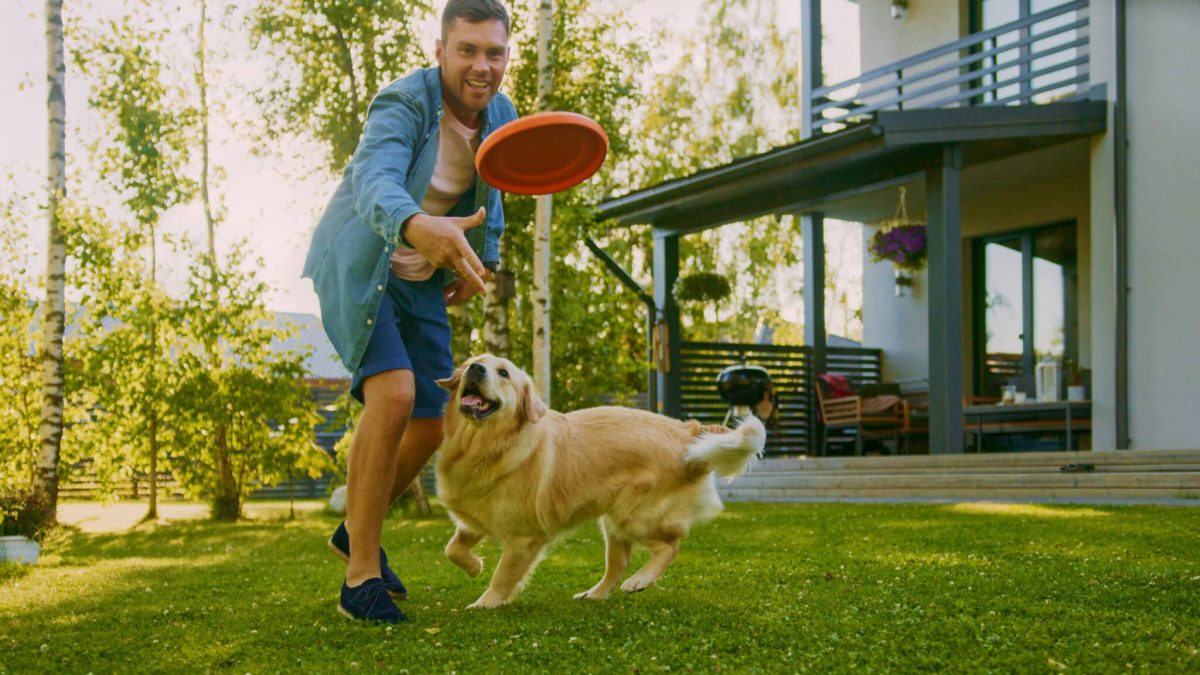

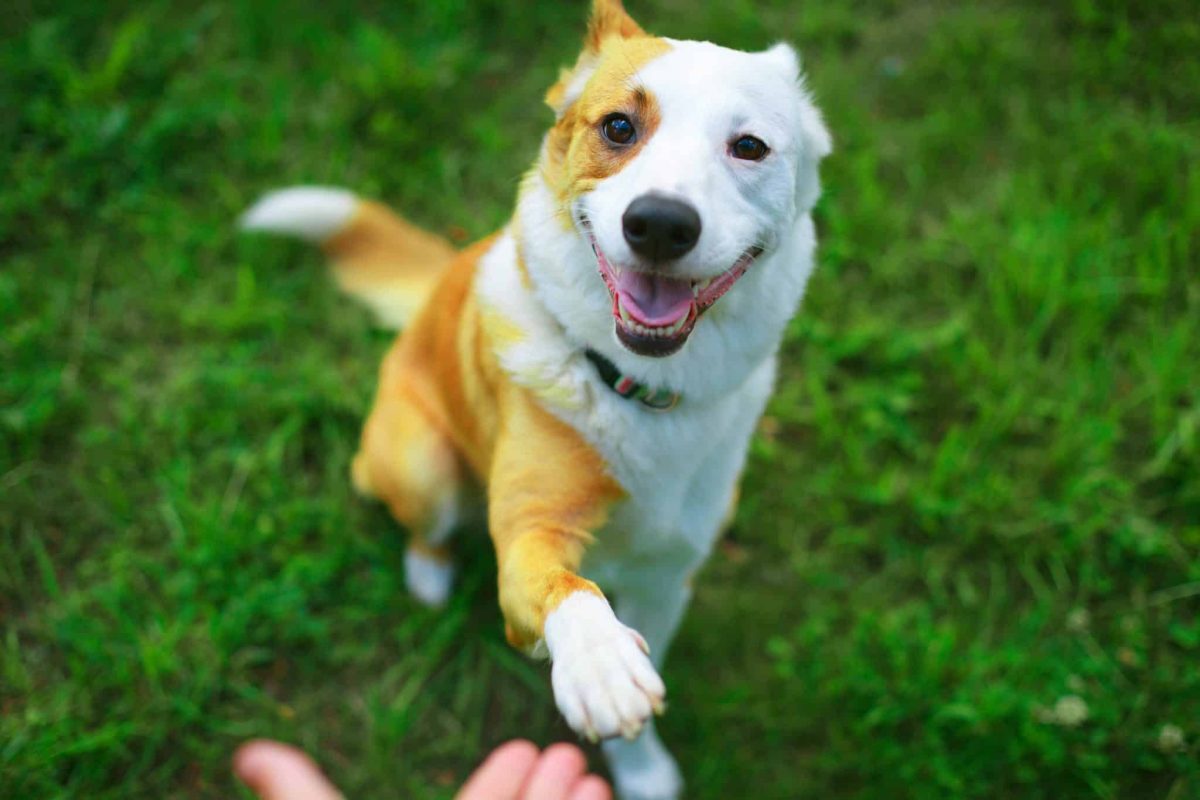
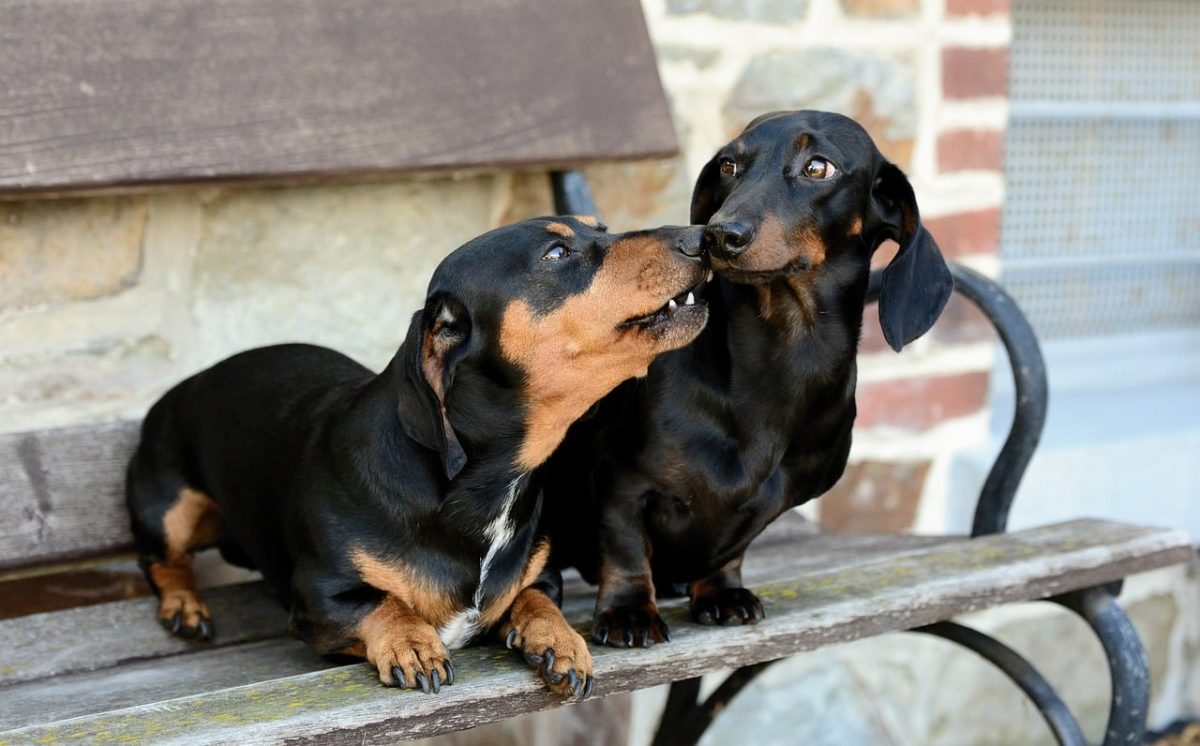
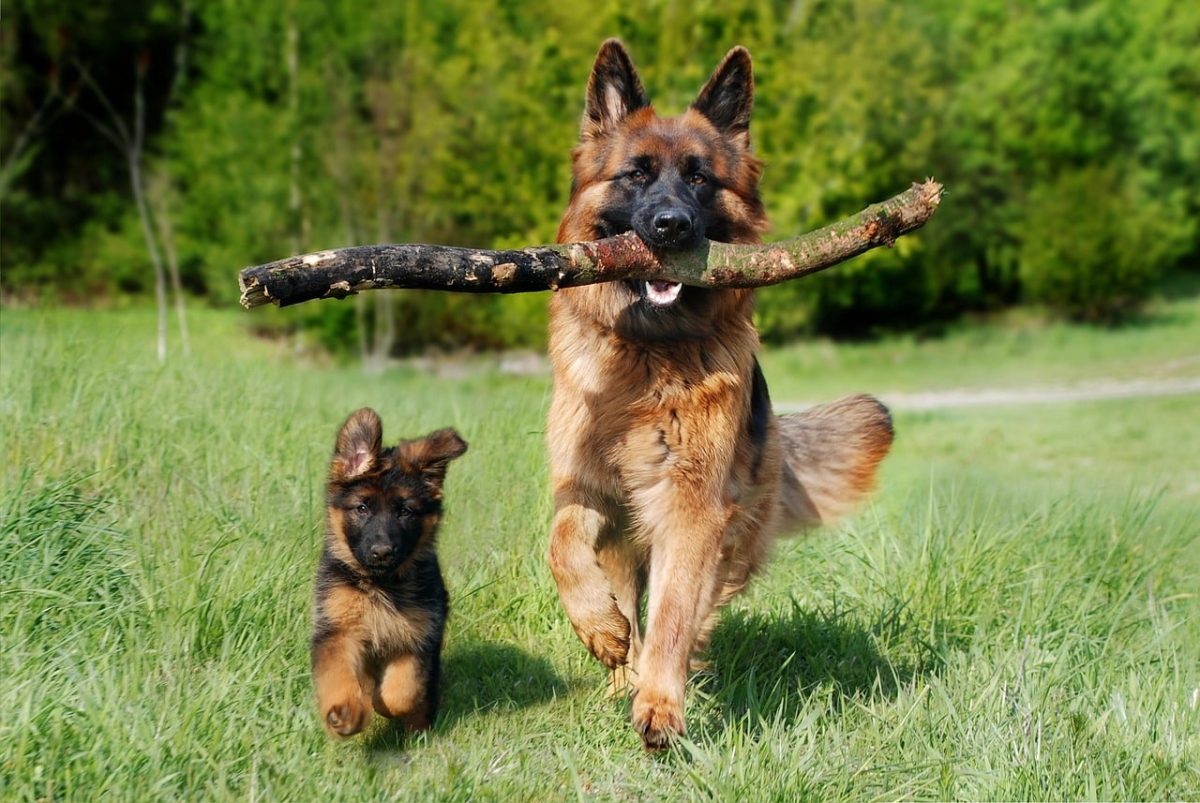

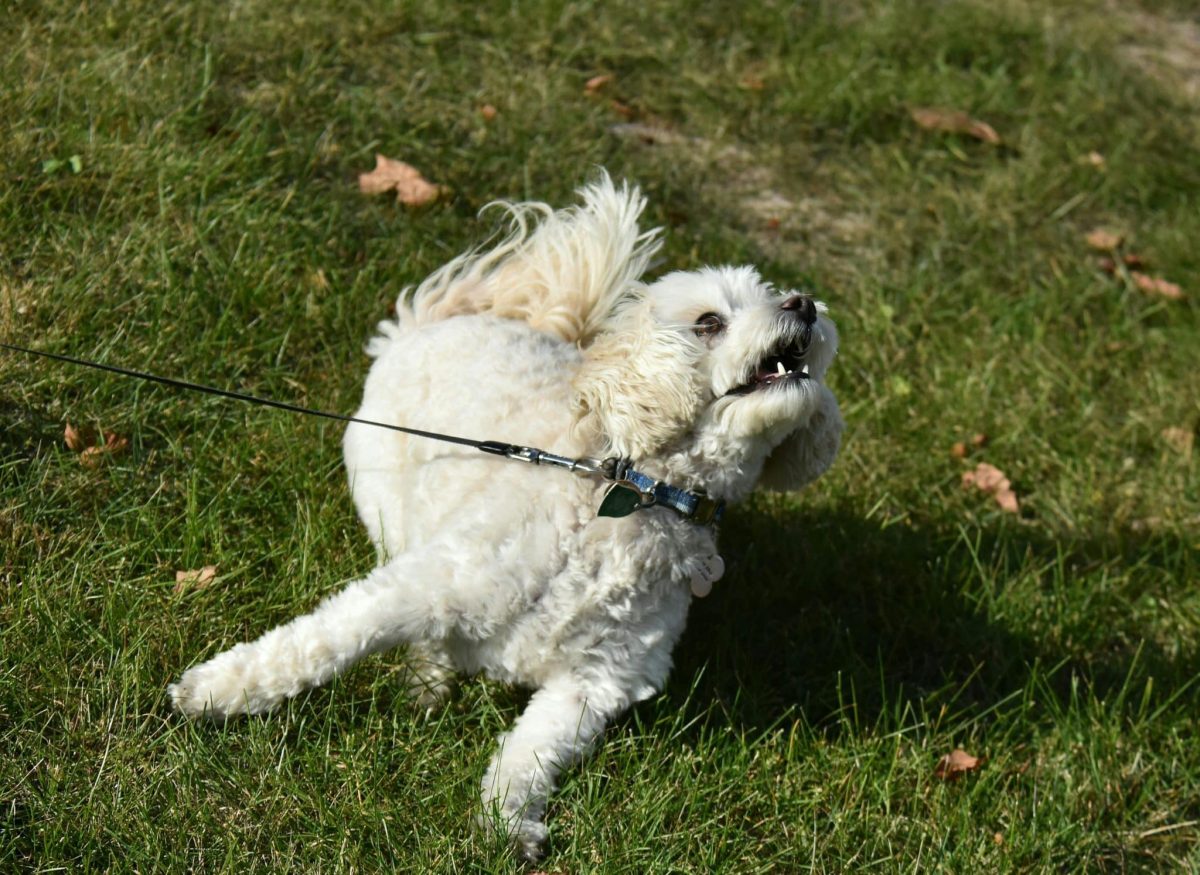

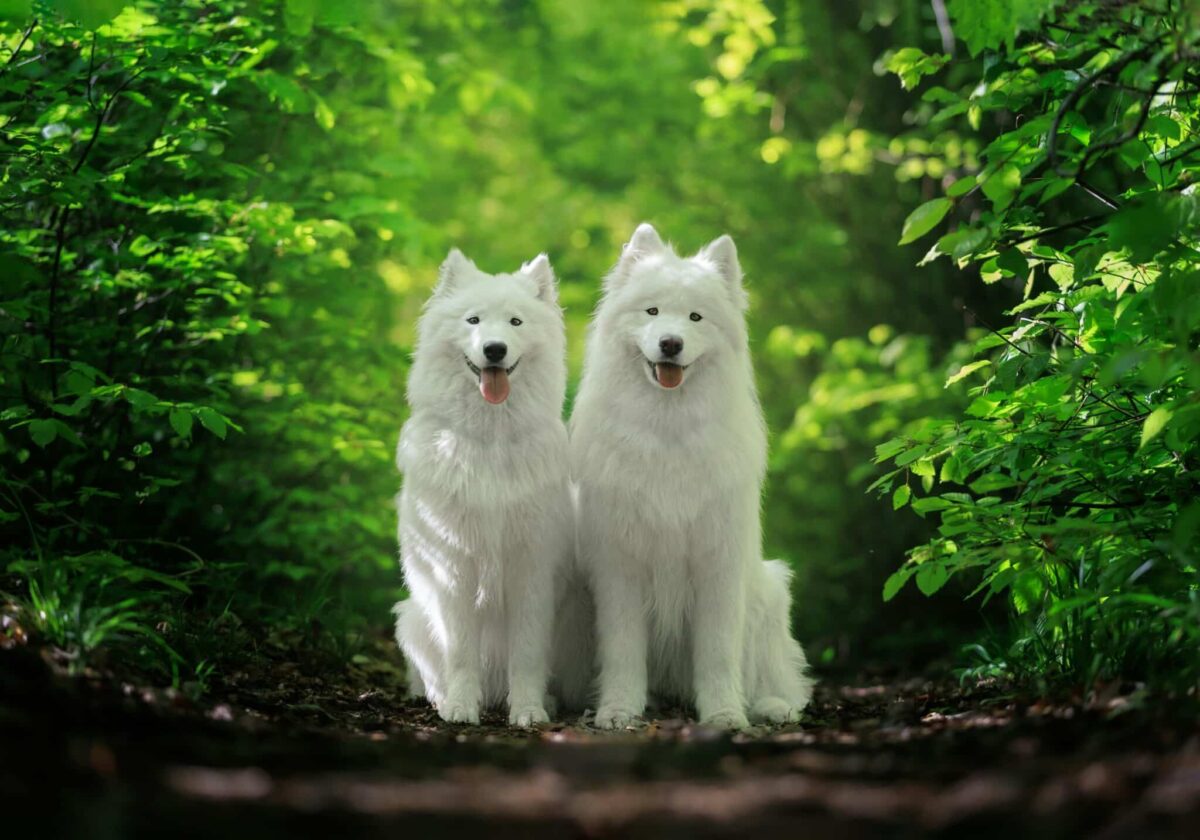
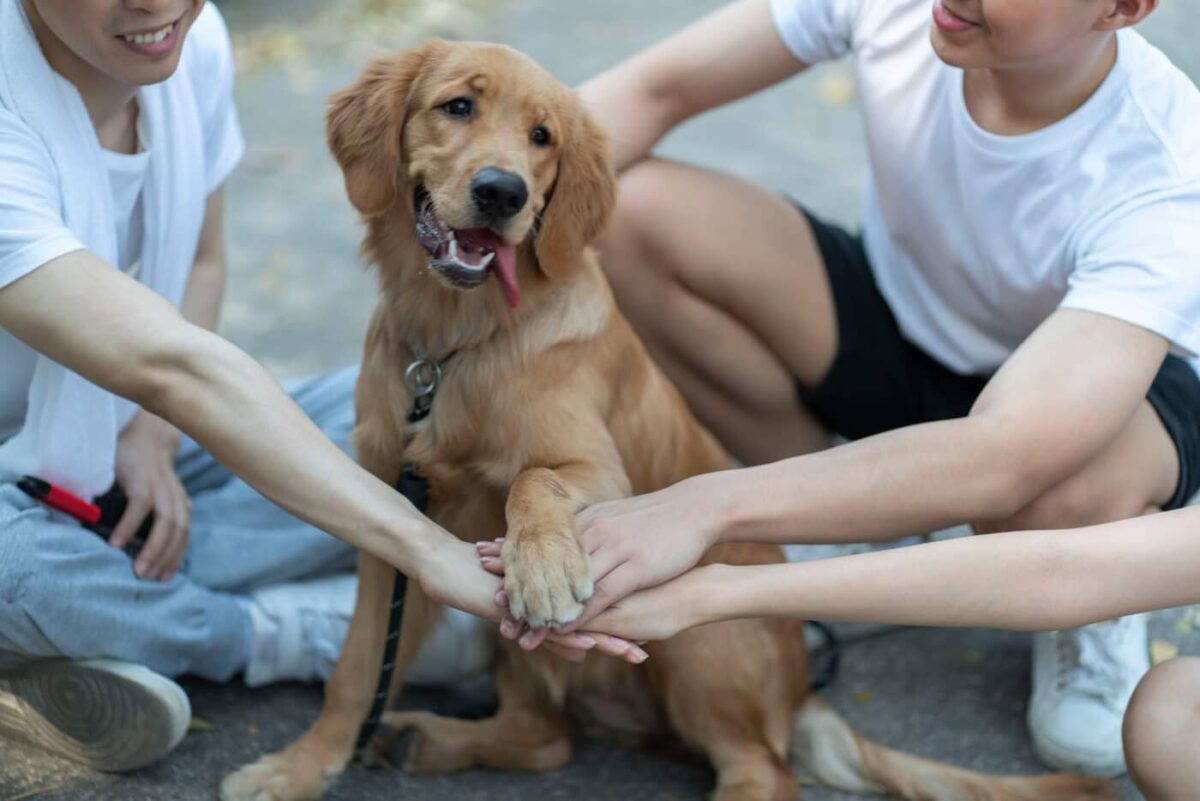
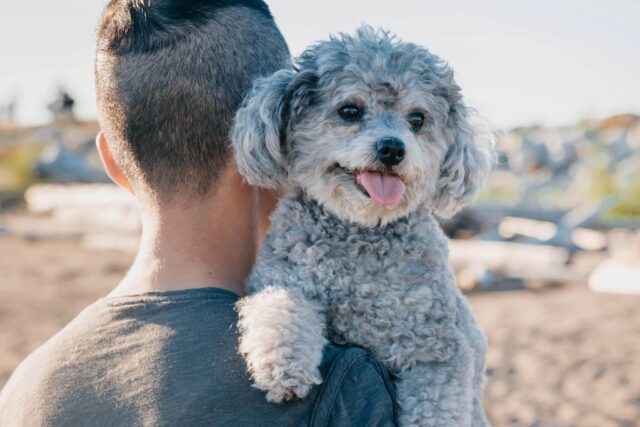
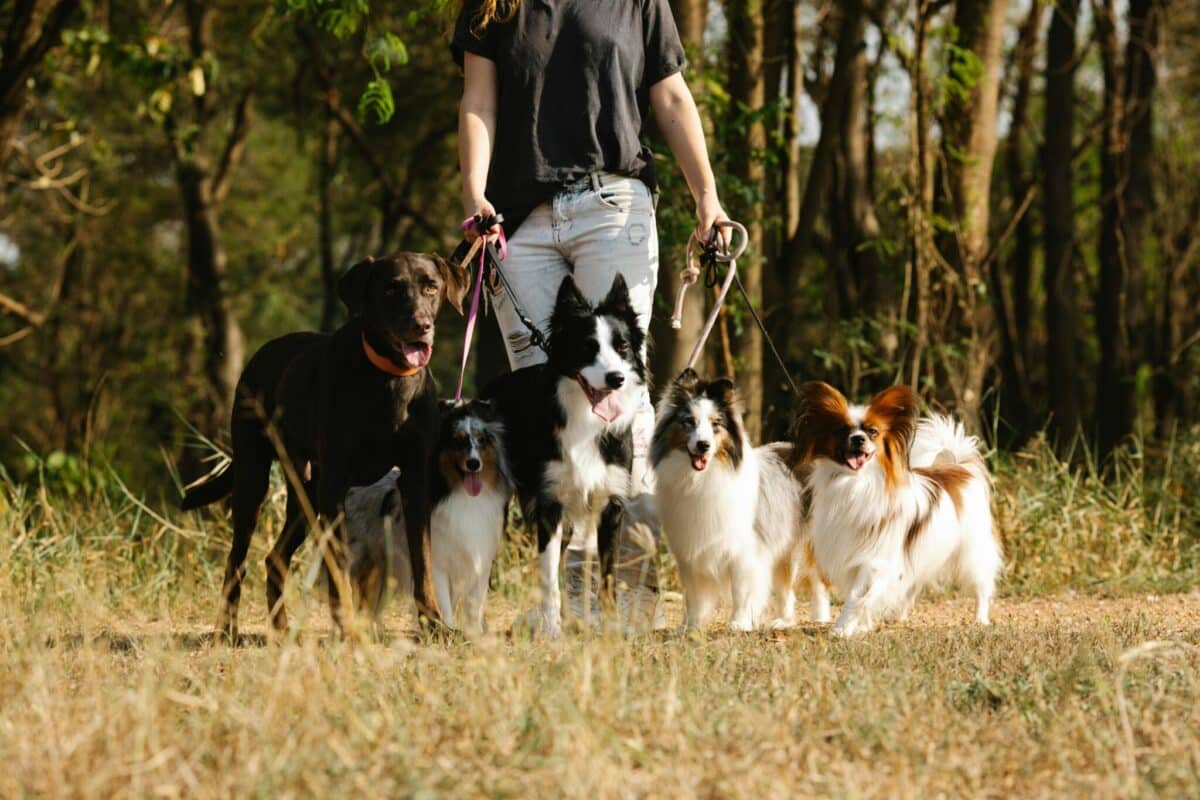
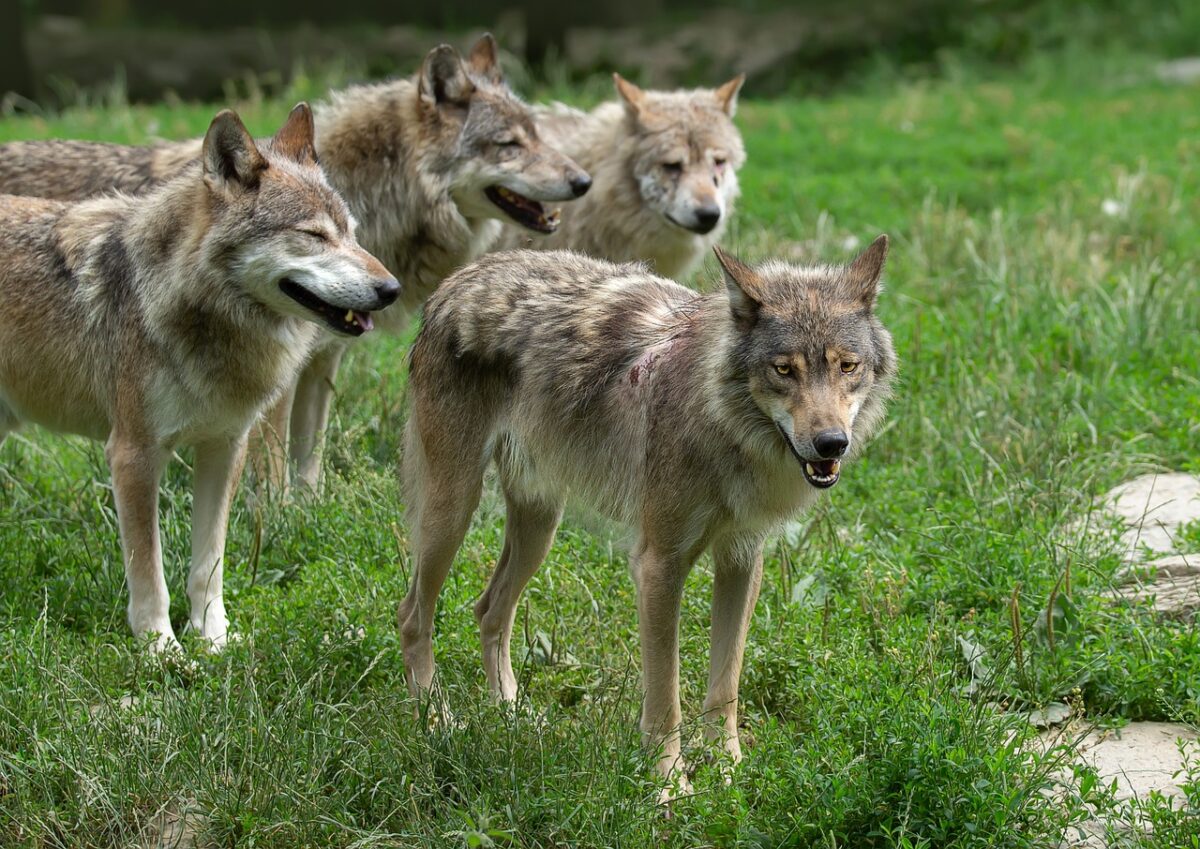




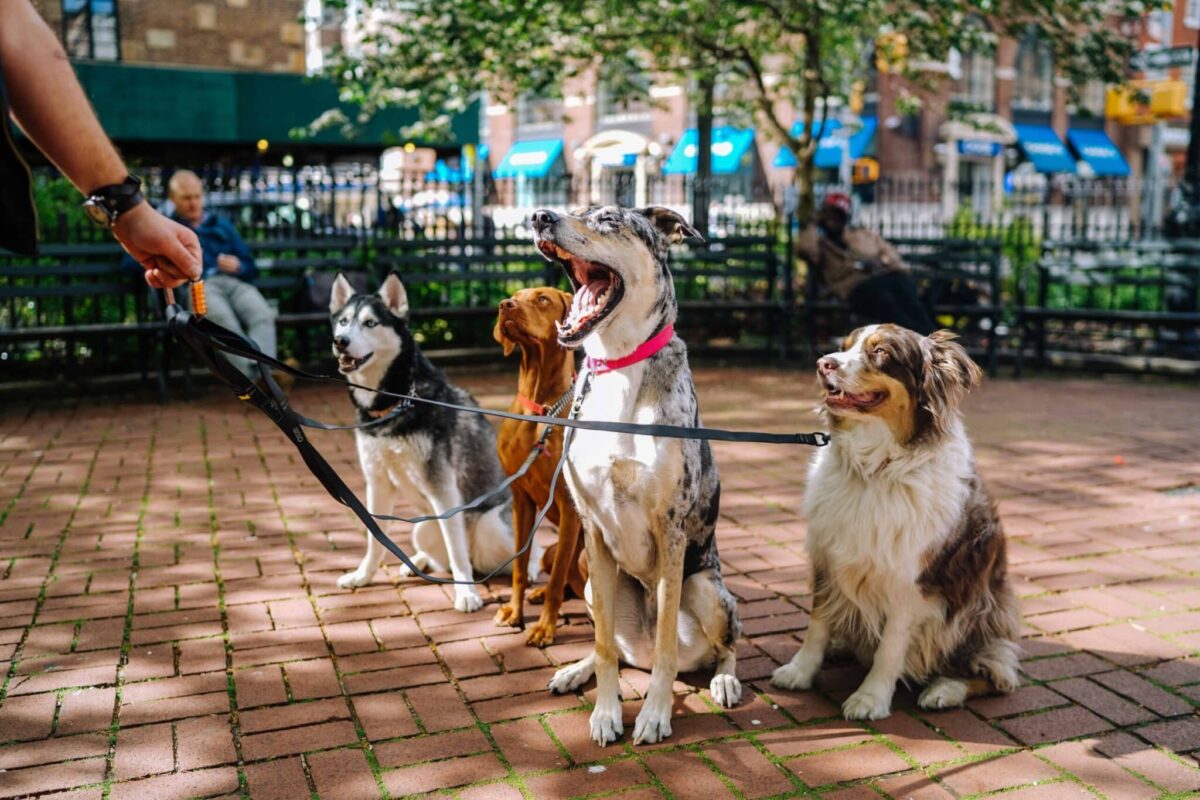
 English (US) ·
English (US) ·